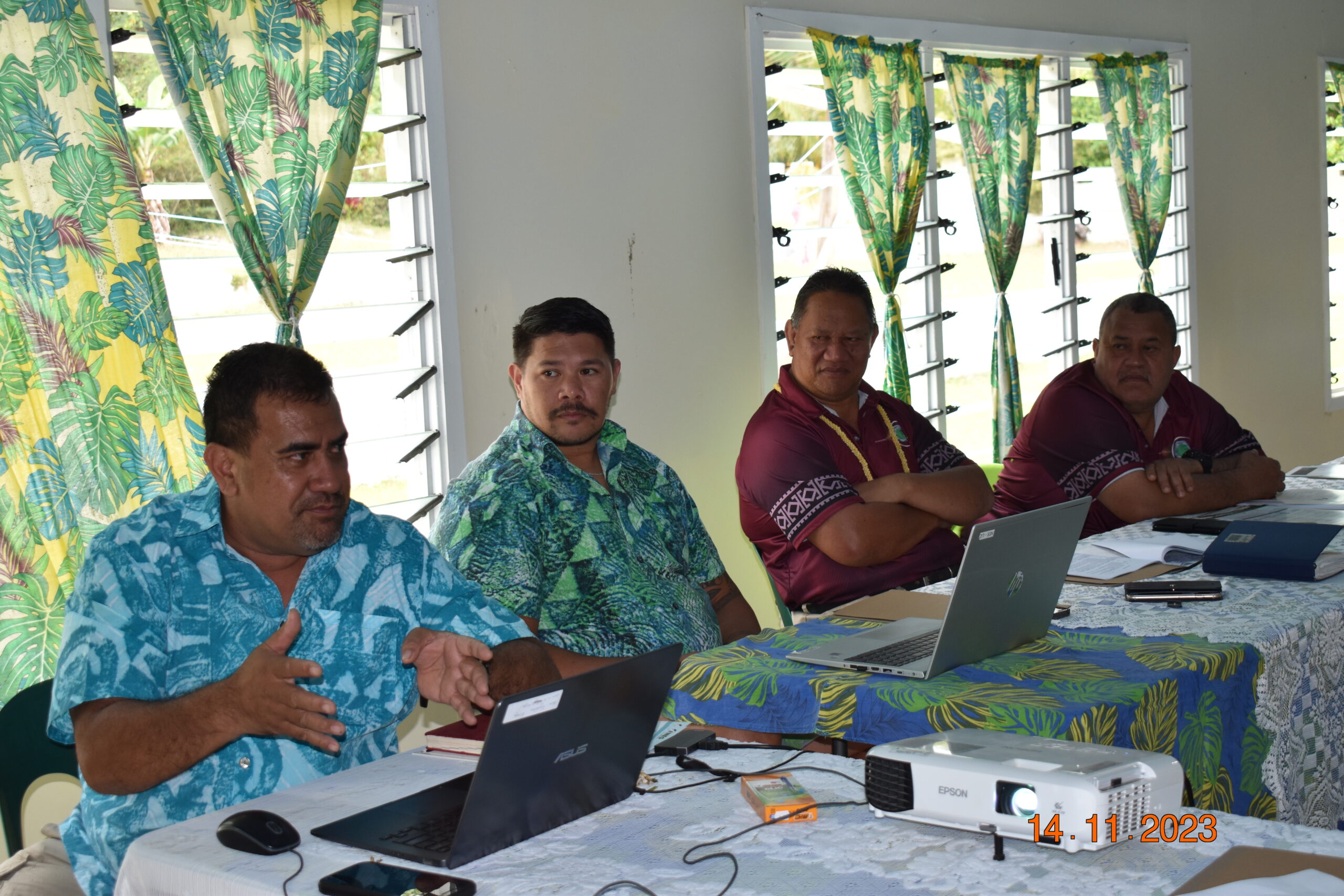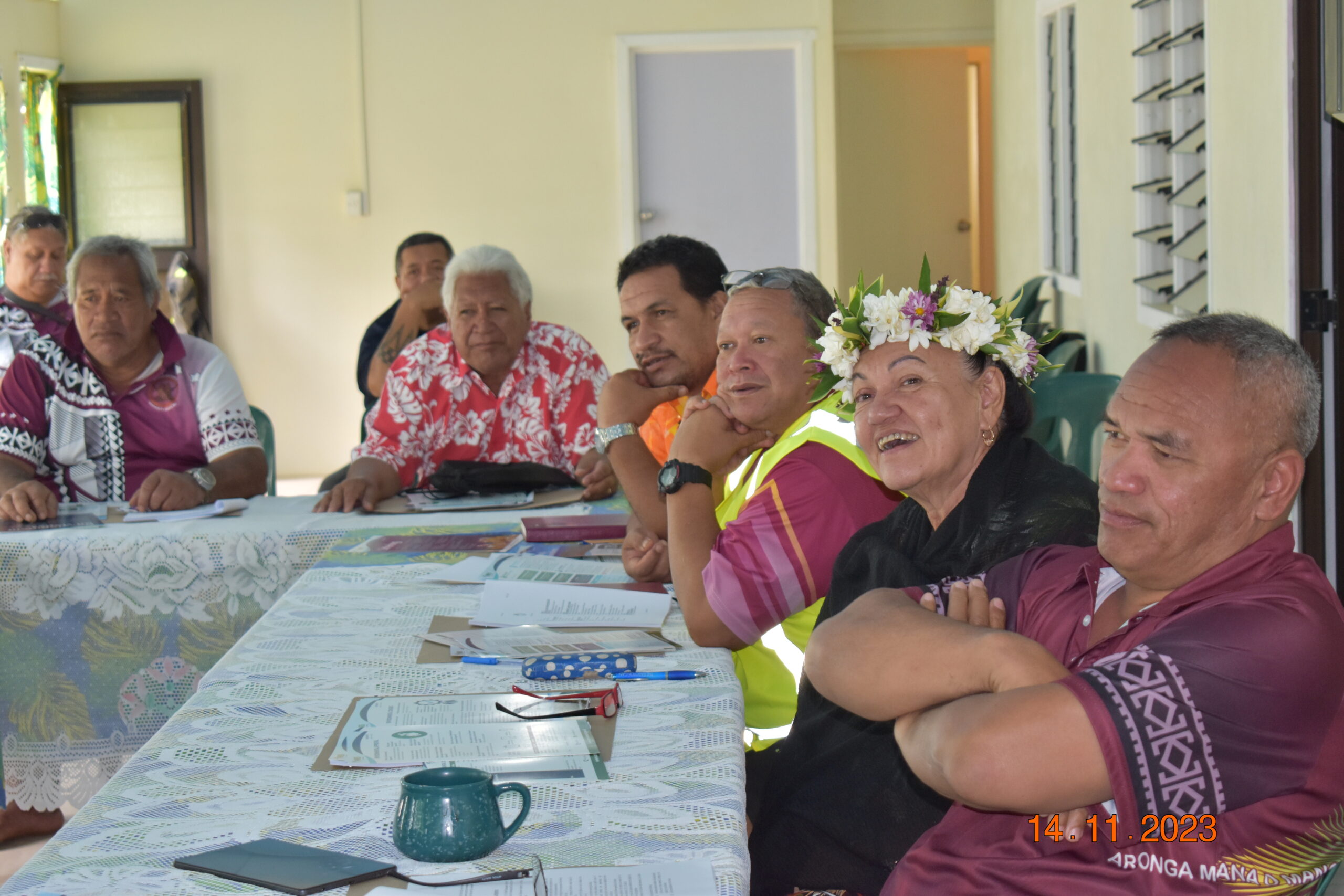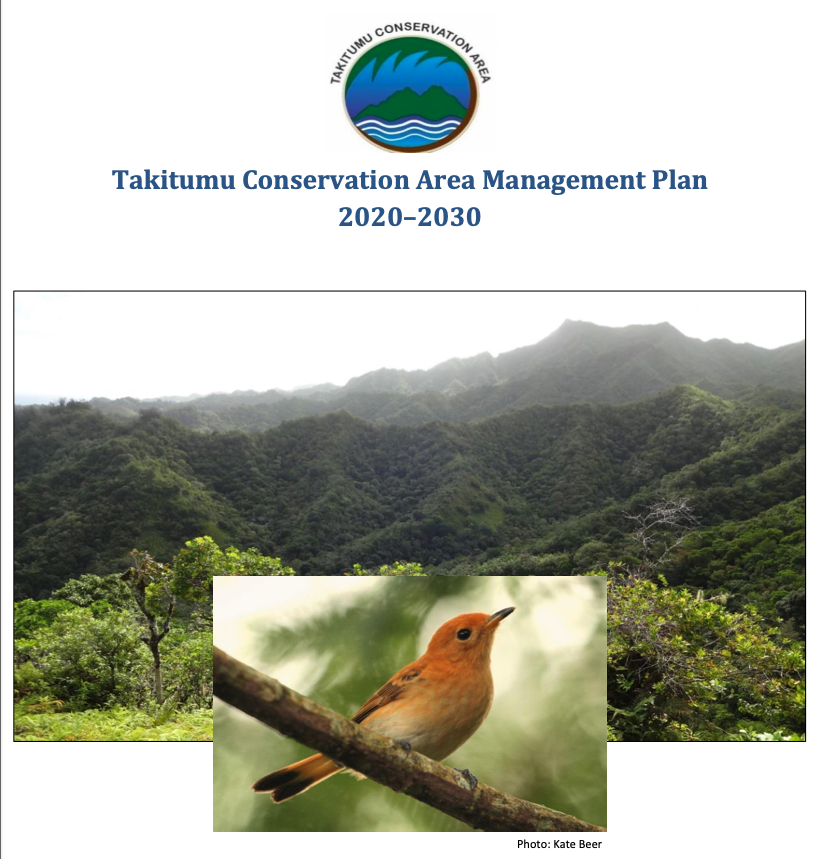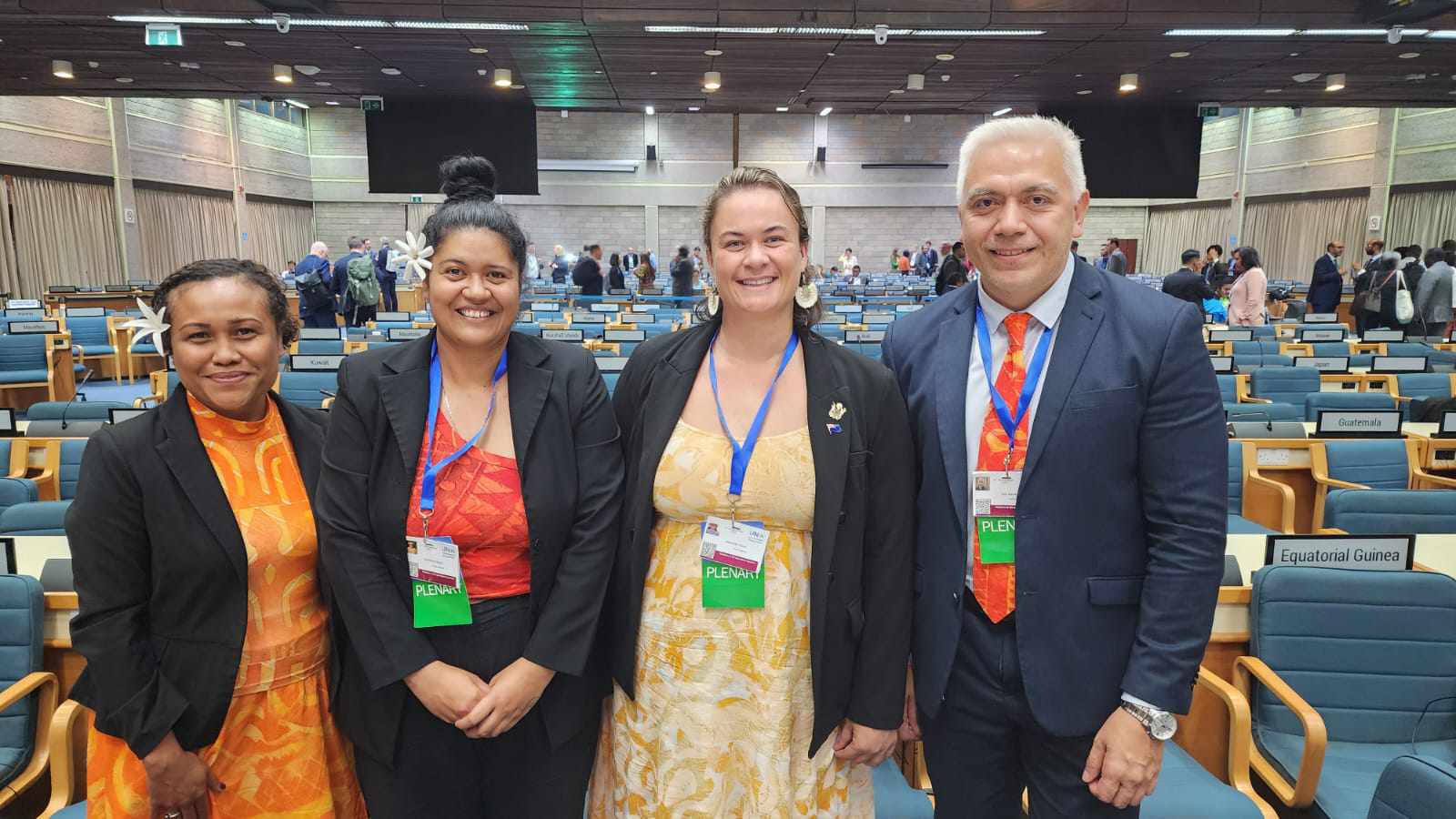
Mangaia Island comes under the Environment Act 2003
The island of Mangaia comes under the Environment Act for the first time, following approval from the Cook Islands Cabinet and Executive Council in September
The Rarotonga Environment Act 1994/95 was repealed by the Environment Act 2003 formalising the establishment of the NES.
The role of the National Environment Services is based on 5 main areas and has four main departments.
There is a suite of policies, strategies and plans developed over the years to enable environmental protection, conservation and management.
Our cultural identify is deeply rooted in our environment and it is part of our heritage and legacy.
An Environment Consent is a permission granted to an applicant undertaking an activity that has some but not significant environment impact.
A permission required for the construction of a standard residential dwelling or non-construction purposes such as land clearance.
A management tool used to identify the environmental, social and economic impacts of a project prior to decision making.
Any person planning to take any wild animal or plant overseas must apply for a permit for trade movement of endangered species (CITES).
All importers of bulk HFC goods must register as an approved importer with NES.
Other permits issued by NES relates to the transboundary movement of waste, ozone depletion substances and wildlife.
Biodiversity plans are important documents to manage and determine the state of our natural environment.
Protecting species, habitats, ecosystem, and protecting biological diversity.
Activities to protect, maintain, or restore the quality of environmental media.
Historical milestone for conservation in the Cook Islands
The Environment Act 2003 is the primary legislation applied throughout the Cook Islands and the Outer Islands (Pa Enua) of Aitutaki, Atiu, Mauke and Mitiaro.
Several subsidiary legislations made under the Environment Act 2003 to apply provisions of the Act and to also include the Pa Enua.
Numerous national legislations interlinked with the environment but administered by other government entities.

The island of Mangaia comes under the Environment Act for the first time, following approval from the Cook Islands Cabinet and Executive Council in September

The main outcome from the first MIEA meeting is that the leaders of Mangaia would like to progress their environment regulations to provide clear guidelines

Numangatini Tangitamaiti Tereapii Ariki said, “The regulations consultation and input is for all, and will be held in the school to encourage but we want

The Aronga Mana have also agreed that the current and proposed sites will have proper management plans in place and the community encouraged to play

The management plan aspires to achieve Goal 9 of the National Sustainable Development Agenda 2020+ (NSDA) by increasing support to our local partners, including non-government

Over 1,500 delegates gathered in Nairobi, Kenya this month to embark on the third session of negotiations (INC-3) for the International Legally Binding Instrument (ILBI)

The samples will be sent to a laboratory in Australia where they will analyse the fragments caught in the filter to determine what species were

“We are proud to announce ‘Project ENUA’ – Enhancing Nature’s Unique Areas” shared GEF-7 Senior Project Officer Lydia Sijp. “The name reflects the objective of

NES met with the TCA Coordinating Committee and traditional landowners of the three Ngati (Tribes) – Ngati Kainuku, Ngati Karika, and Ngati Manavaroa, on the

A common example of a nature-based solution in the Cook Islands is planting of vegetation, such as coconut or toa (ironwood) trees, along the coastline